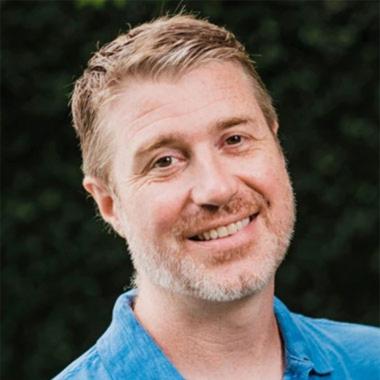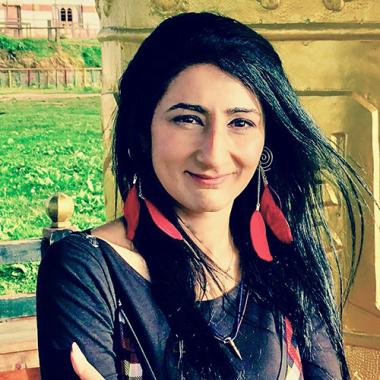This talk is part of a series of lectures and discussions organised by the Centre for the Study of Democracy (CSD).

“Ethnic conflict” has long served as a master category in the study of political violence, but its explanatory utility has long been questioned. The phrase treats identity as a precondition of conflict rather than its product, and tends to collapse diverse markers—religion, language, custom—into a single, undifferentiated frame.
“Language conflict” offers a more precise alternative. It foregrounds the material and institutional dimensions of cultural difference and highlights how actions of the state – especially through education and language policies – shape group formation and political alignment. Rather than functioning simply as an external cause of conflict, language constitutes the very terrain on which conflict unfolds. Linguistic difference is neither incidental nor reducible to symbolism; it is patterned, historically inherited, and politically consequential. When language groups come into conflict, the facts of language matter. However, the turn toward “language conflict” is still recent, and its conceptual boundaries remain under construction and several key methodological questions remain unresolved.
This presentation draws on Michael Gavin's work editing the Cambridge Handbook of Language and Political Conflict, which explores the emergence of this framework across multiple disciplinary and regional contexts.
About the speakers

Michael Gavin
Michael Gavin is Associate Faculty at the Walker Institute of International and Area Studies and Associate Professor of English at the University of South Carolina. His research sits at the intersection of linguistics, political science, and literary studies, with recent work focusing on language policy, intergroup conflict, and the political dimensions of language use. He is co-editor of The Cambridge Handbook of Language and Political Conflict (Cambridge University Press, forthcoming), a multidisciplinary volume that helps define the emerging field of language-conflict studies.
Gavin is the author of two monographs: Literary Mathematics: Quantitative Theory for Textual Studies (Stanford University Press, 2023), which explores the role of formal and quantitative methods in literary analysis, and The Invention of English Criticism, 1650–1760 (Cambridge University Press, 2015), a historical study of the origins of English literary theory. His articles have appeared in New Literary History, Critical Inquiry, Language, Intertexts, Review of English Studies, and the International Journal of Geographical Information Science, among other journals.
Before joining the University of South Carolina, Gavin held a Mellon Postdoctoral Fellowship at Rice University. He earned his Ph.D. in English from Rutgers University and his B.A. and M.A. from The Ohio State University.

Nitasha Kaul
Nitasha Kaul (Joint PhD Economics and Philosophy, University of Hull) is a multidisciplinary academic, novelist, economist, poet and public intellectual. She is Chair Professor in Politics, International Relations and Critical Interdisciplinary Studies, and the Director of the Centre for the Study of Democracy (CSD), at the University of Westminster, UK.
She is the author of over 150 publications on themes relating to democracy, political economy, Hindutva/Indian politics, misogyny, technology/Artificial Intelligence, identity, global right-wing nationalism, feminist and postcolonial critiques, small states, geopolitics, Bhutan, Kerala, and Kashmir. Her books include Imagining Economics Otherwise (Routledge, 2007), Man-Asian Literary Prize shortlisted Residue (Rupa, 2014), Future Tense (Harper Collins India, 2020), Can You Hear Kashmiri Women Speak? (co-edited; Kali for Women Press, 2020), and Contemporary Colonialities: Kurds and Kashmiris (co-edited; University of Westminster Press, 2025).
Her interventions on politics, democracy, gender and human rights have appeared in major international radio, televisual, and print media. She is the recipient of multiple research grants and awards for her research and writing across genres and disciplines. Find her on Twitter @NitashaKaul, and see her work on Academia.edu here.
Agenda
- 5–5.10pm: Welcome note and speaker introduction by the Centre for the Study of Democracy (CSD)
- 5.10–5.40pm: Talk by Dr. Michael Gavin Language and Political Conflict: Categories, Constraints, Consequences
- 5.40–6pm: Discussion with Prof. Nitasha Kaul Director, Centre for the Study of Democracy (CSD)
- 6–6.30pm: Q&A
Location
Westminster Forum, Fifth Floor, Wells Street, University of Westminster, W1T 3UW

